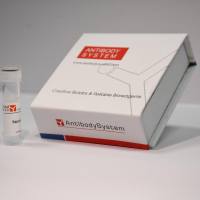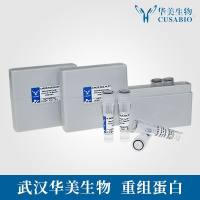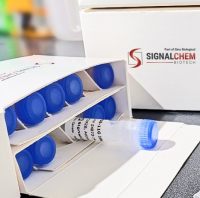Naive T cells are migratory cells that continuously recirculate between blood and lymphoid tissues. Antigen-specific stimulation of T cells within the lymph nodes reprograms the trafficking properties of T cells by inducing a specific set of adhesion molecules and chemokine receptors on their surface which allow these activated and effector T cells to effectively and specifically home to extralymphoid organs. The observations of organ-specific homing of T cells initiated the development of therapeutic strategies targeting adhesion receptors for organ-specific inhibition of chronic inflammation. As most adhesion receptors have additional immune functions besides mediating leukocyte trafficking, these drugs may have additional immunomodulatory effects. Therapeutic targeting of T-cell trafficking to the central nervous system is the underlying concept of a novel treatment of relapsing remitting multiple sclerosis with the humanized anti-α-4-integrin antibody natalizumab. In this chapter, we describe a possible preclinical in vivo approach to directly visualize the therapeutic efficacy of a given drug in inhibiting T-cell homing to a certain organ at the example of the potential of natalizumab to inhibit the trafficking of human T cells to the inflamed central nervous system in an animal model of multiple sclerosis.






